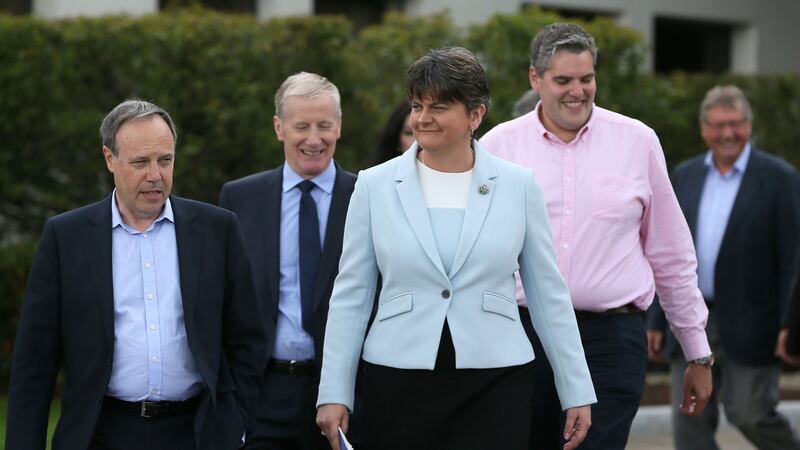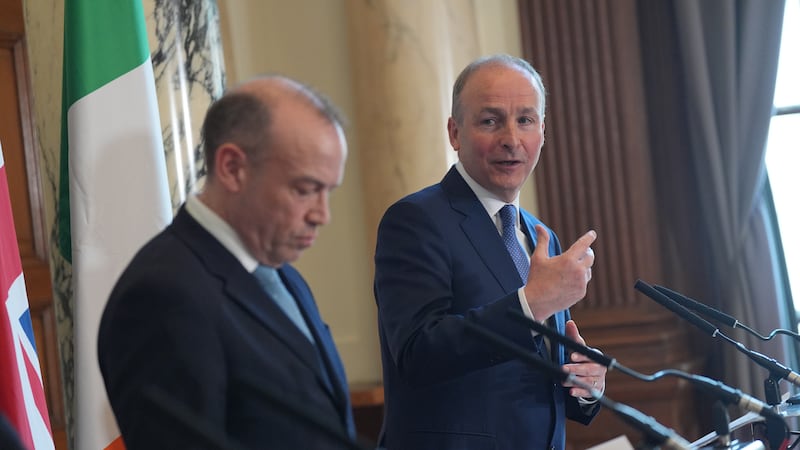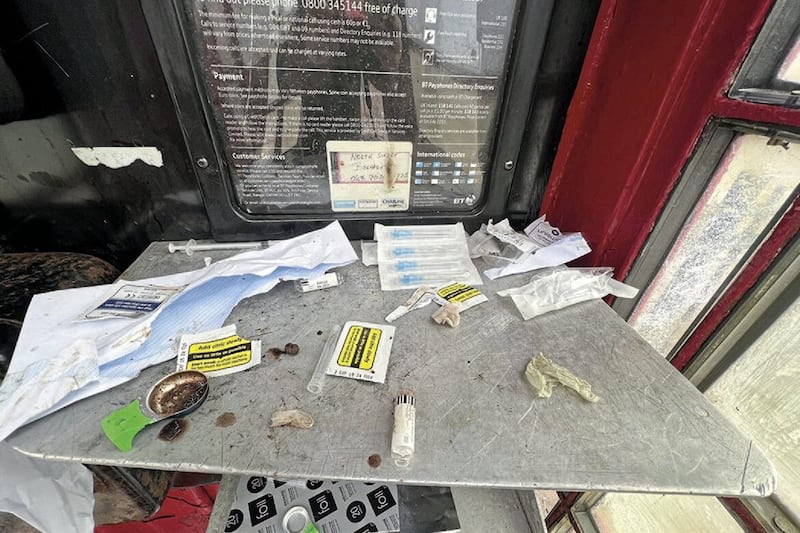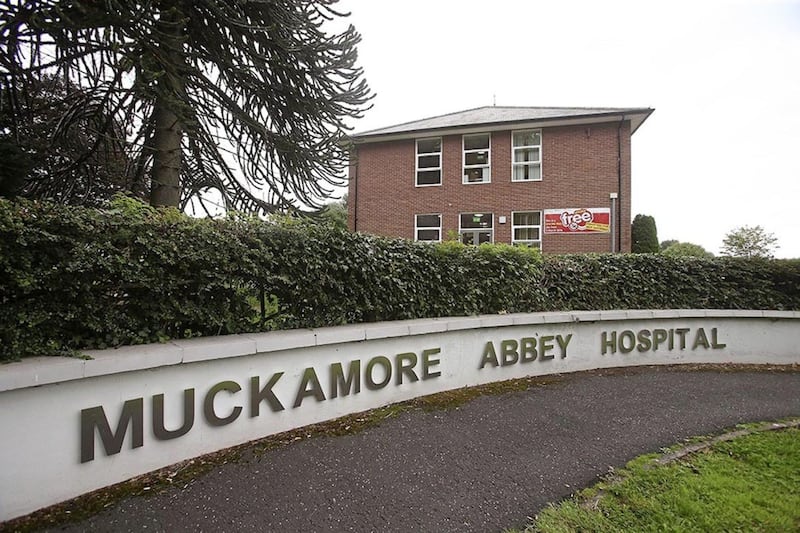So Theresa May’s gamble of calling a snap poll paid off in the end - for the DUP. The biggest unionist party looks set to prop up the Conservatives at Westminster, although any pact is expected to stop short of a coalition.
In many ways the unionist party’s success was the story of the general election. The SDLP’s devastating loss of its three seats, including in its Foyle heartland, combined with the Ulster Unionists’ loss of its two seats in South Antrim and Fermanagh and South Tyrone, means that the centre ground in the north has been wiped out. An electoral map now shows a clear geographical split, with the DUP standing strong east of the River Bann and Sinn Féin dominating the west.
Sinn Féin snapped up three seats, bringing the number of their MPs to seven, while the DUP took two, giving them ten MPs.
But in a political twist, Sinn Féin’s long-held policy of abstentionism, which senior party members have been quick to emphasise is not going to change, meant that the Tories needed fewer seats to have a working majority. It seems ironic that the republican party’s tactic has ultimately put the DUP in a much stronger position.
And it also means that come the upcoming Brexit negotiations, the north will only have one sitting MP opposed to leaving the European Union - North Down independent Lady Sylvia Hermon.
The ten DUP MPs will now wield enormous power. As the results came in early on Friday morning, Google results showed the DUP was the most searched political party in the UK. Clearly voters in Britain, who have most likely not given the north a thought since the Good Friday Agreement, were quickly scanning the internet to see what Mrs May had let them in for. Oh to be a fly on the wall when Sammy Wilson or Gregory Campbell is forced to make small talk with Tory grandees.
Perhaps we can look forward to Alexander Boris de Pfeffel Johnson attending an Eleventh night bonfire or Jacob Rees-Mogg taking a tour of loyalist murals?
The DUP’s win will be seen as vindication for Mrs Foster. In one of the strangest elections in living memory, her party’s main vote-winning tactic was to keep her in as low-key a role as possible.
She did not take part in two leaders’ debates in the week leading up to polling day and even flew out of the country to attend a Battle of Messines commemoration in Belgium the day before the election.
Yet this unusual strategy, which back-fired when Theresa May attempted it, worked in the DUP’s favour.
Maybe some of its more hard-line members were able to forget a woman was in charge, while more moderate DUP voters were not given frequent reminders that this was the leader who had presided over the Renewable Heat Incentive debacle which led to the collapse of Stormont.
Or maybe more accurately, perhaps endless negative campaigning meant that an electorate exhausted by a series of polls just opted for ‘anyone but themmuns’.
It has been a remarkable turn-around for Mrs Foster, who seemed under huge pressure going into the snap election. A few months ago, it looked as though she would have to resign, now it appears she will have a say in Mrs May’s future - and the omens are not looking good for the Tory leader.
The price the Conservatives will have to pay for getting into bed with the DUP is far from clear. But certainly concessions will have to be made. Is there any possibility we could see a DUP Secretary of State - a frightening thought given the impasse at Stormont.
Some pundits were claiming Nigel Dodds, who held on to his North Belfast seat despite a huge surge from Sinn Fein’s John Finucane, could be offered the role of Speaker - a huge coup for his party. But with the Speaker having no vote at Westminster perhaps the DUP may decide Mr Dodds, one of his party’s most able performers, is too valuable to waste in a role which essentially involves telling rowdy back benchers to come to order.
The only shining light to come out of a divisive campaign is the distant possibility of a second EU referendum. Yet the north, and Britain, appears to be more split than ever. It will take more than a Tory/DUP love-in to manage an electorate which, in the words of Mrs May, has shown itself to be bloody difficult.








